BIB Background Check Errors. Can You Sue for Damages?
- Blog
- Employment Background Check Errors
BIB Background Check Errors. Can You Sue for Damages?

Background Investigation Bureau offers a necessary service. But what can an employee do if their report is wrong?
Employee background reports are a necessary part of keeping a workplace safe and secure. Background Investigation Bureau is a leading provider of these reports. Employers rely on them, but employees should review their reports for accuracy.
Background checks have become a regular part of the hiring process. An employer checks the backgrounds of its job candidates for several reasons:
- To make sure the people it hires do not pose a safety risk to their employees
- To make sure the people it hires do not pose a threat to the company’s reputation
- To make sure the people it hires do not pose a risk to the company’s clients
- To make sure the people it hires do not pose a risk to the company’s assets
- To keep its reputation intact
Background Investigation Bureau (“BIB”) is a leading provider of employee background check reports. Employers and institutions rely on the national Background Investigation Bureau to collect, compile, and provide them with the information they seek on potential employees or anyone they want to put in a position of trust.
The candidates for these jobs and positions should be able to place similar reliance on BIB to provide accurate reports. Any sort of flaw or inaccuracy in a candidate’s background check report will have devastating consequences for the candidate. A job seeker may not only lose the opportunity for which they are applying but their reputation can be tarnished.
If you have any questions about BIB background check reports, if an error or inaccuracy in your BIB background check report caused you to lose out on a job opportunity, or if you have just identified an error in your BIB background check and are wondering what to do next, contact a background check attorney.
A lawyer with background check experience will assess your case, help you dispute incorrect background check, identify what damages you may be entitled to, and guide you to the resolution of the matter. This will include a lawsuit if necessary.
BIB Background Check
A BIB background check helps employers and organizations reduce all types of risks by ensuring that potential employees or people in positions of trust do not have a history that suggests they might be a danger to the workplace or community. This is especially crucial for educational institutions, healthcare facilities, financial institutions,and other places where people can be more vulnerable, and breaches of trust can create monumental problems.
Who Uses BIB?
Any organization, from large corporations to small businesses, elementary schools to large universities, non-profit organizations to financial behemoths, will use BIB. Anyone responsible for hiring, leasing to, or giving access to data or other people will hire BIB for a comprehensive understanding of an applicant's background.
What Information Is a BIB Report?
A standard BIB background check includes standard information. BIB does criminal reports by searching for, collecting, compiling, and issuing a report containing a person’s criminal history. To do this, BIB checks local, state, and federal criminal databases, including the Federal Bureau of Investigation background check, and the national sex offender database. Some jobs that require additional clearance or additional security measures may warrant BIB to dig deeper into a person’s background.
BIB also verifies employment with a job candidate’s prior employers and will verify education with the person’s prior schools. Employment verification confirms the candidate has the credentials they claim to have, while education verification ensures that the applicant has the knowledge they claim to have.
Consumer protection attorneys like the ones at Consumer Attorneys are always happy to talk to you about your BIB background check.
BIB Background Checks for Specific Situations
In addition to the standard information, a BIB background check for truck drivers or bus drivers will require BIB to retrieve and compile driving records and motor vehicle histories.
Positions requiring some financial acumen or dealing with money may prompt the employer to ask BIB to conduct a credit history check.
Some high-profile positions, political positions, or positions susceptible to higher scrutiny may require BIB to look into social media activity and social media profiles to gauge character and online behaviors.
Is BIB Secure?
The Fair Credit Reporting Act (“FCRA”) is a federal law that governs how credit and background check reporting companies must handle consumer data. The FCRA requires companies like BIB to take reasonable measures to keep your data confidential and accurate.
A company cannot do a background check on you without your permission. You must authorize BIB to conduct the background check. Furthermore, if the company or organization considering you for a job or position takes any adverse action against you because of the BIB background check, they must tell you so and identify the information at issue.
If you’re turned down for a job due to wrong information in your BIB report, if you have identified incorrect information in your BIB credit report, or if you suspect that BIB is not complying with the FCRA, contact Consumer Attorneys right away.
The majority of the information BIB puts in its reports is gathered and sorted through automated processes using algorithms. BIB’s reliance on these automated systems underscores the volume of data that is transmitted, the difficulty in keeping it secure, the importance of reviewing the information to make sure it is accurate, and the need for laws like the FCRA.
The FCRA also provides a method by which consumers can file a dispute with reporting companies like BIB if there are mistakes in their background reports.
How Long Does a BIB Report Take?
Generally, a basic check takes anywhere from one to three weeks. Your Background Investigation Bureau (“BIB”) background check is consistent with this, usually taking one to three weeks. The time it takes to complete a thorough background check depends on several factors, including the scope of a person’s professional background and educational history. For instance, the more jobs a person has held, the more schools a person has attended, and the more places a person has lived, the longer the process.
Additionally, delays in receiving records and verifications from some institutions, especially international institutions, can cause delays. Depending on the nature of the background check, a deeper dive into social media accounts and credit history can cause a background check to take longer.
How Far Back Does BIB Background Check Go
The reach of a BIB background check will also vary depending on several factors.
- The type of information sought. The FCRA guidelines dictate that criminal background checks can go back seven years. However, this seven-year limit can vary depending on state laws and the nature of the position for which the candidate is applying. The FCRA also provides guidelines, should an employer need a credit background check, that the look-back period for credit history should not exceed seven years.
- Relevance. There is no legal limit on verifying employment and educational credentials. BIB can verify employment and education as far back as the information is available and relevant. Most employers focus on recent history, usually within the last 10 to 15 years.
- Accessibility. BIB can only access available information. This can vary from jurisdiction to jurisdiction. Older information is often not available online in some jurisdictions. And older information may be deemed less pertinent.
If you have experienced any issues with background check errors associated with your Background Investigation Bureau report that have not been resolved within the promised resolution duration, reach out to Consumer Attorneys to rectify the situation! You can connect with our legal team in various ways:
- Call +1 877-615-1725 for immediate assistance and a free case review.
- Fill out our brief Contact Us form or initiate a live chat to share your concerns.
Reach out to us at info@consumerattorneys.com with any questions.
Frequently Asked Questions
Background Investigation Bureau (“BIB”) collects data on employee candidates’ backgrounds and produces background check reports for employers seeking verification of an employee candidate’s background and credentials. BIB gathers and compiles information on a person’s background for employment, security clearances, or some other purpose. Depending on the nature of the request, BIB will verify past employment, confirm academic credentials, conduct criminal background checks, do credit checks, review public records, and conduct scans of social media accounts.
While employers rely on BIB to provide accurate reports to ensure the safety and integrity of their workplaces and employee candidates rely on BIB to compile and report accurate information, mistakes in BIB do occur. The consequences for candidates who are denied employment or promotions due to flawed reports are huge.
Your Background Investigation Bureau (“BIB”) background check will usually take one to three weeks. The time it takes for a thorough background check will depend on several factors, includinghe complexity of a person’s professional and educational history. The more jobs a person has had, the more schools a person has attended, and the more places a person has lived will prolong the process.
Additionally, delays in receiving records and verifications from some institutions, especially international institutions, can also cause delays. And, depending on the nature of the background check, a deeper dive into social media accounts and credit history can cause a background check to take longer.


Daniel Cohen is the Founder of Consumer Attorneys. Daniel manages the firm’s branding, marketing, client intake and business development efforts. Since 2017, he is a member of the National Association of Consumer Advocates and the National Consumer Law Center. Mr. Cohen is a nationally-recognized practitioner of consumer protection law. He has a we... Read more

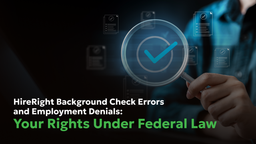


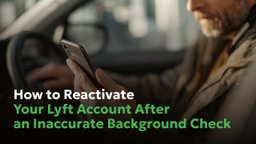
Related Articles
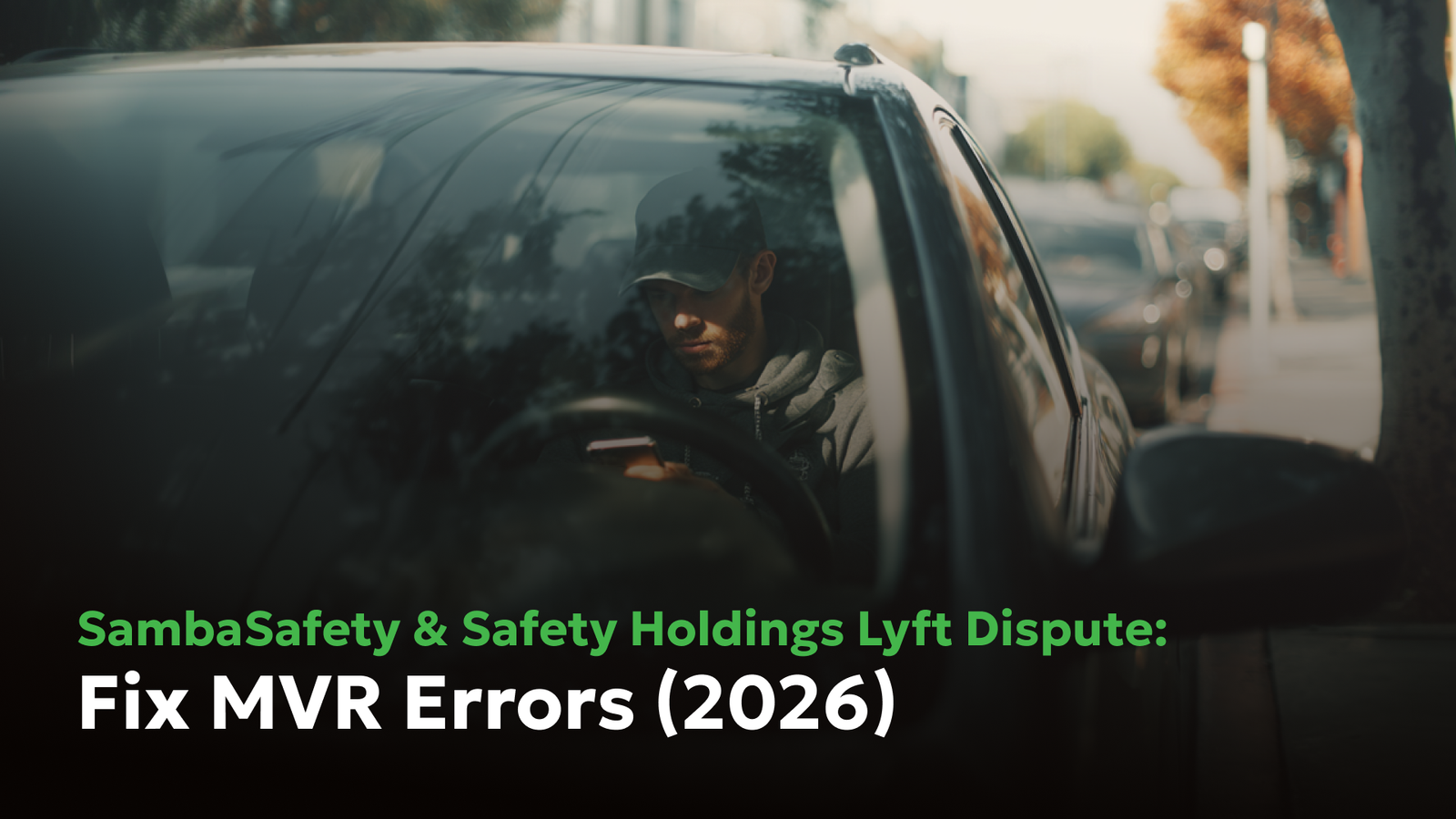
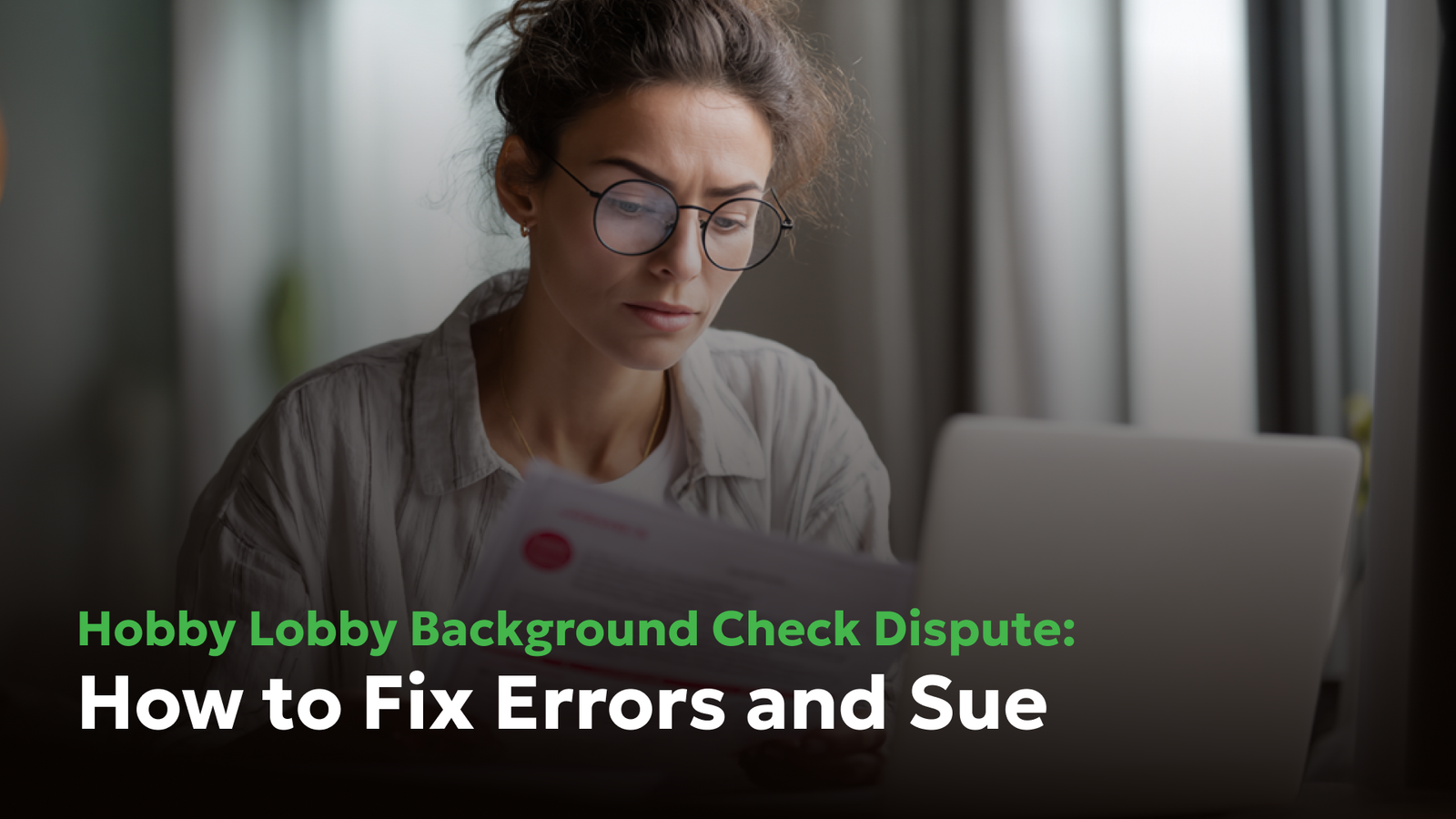
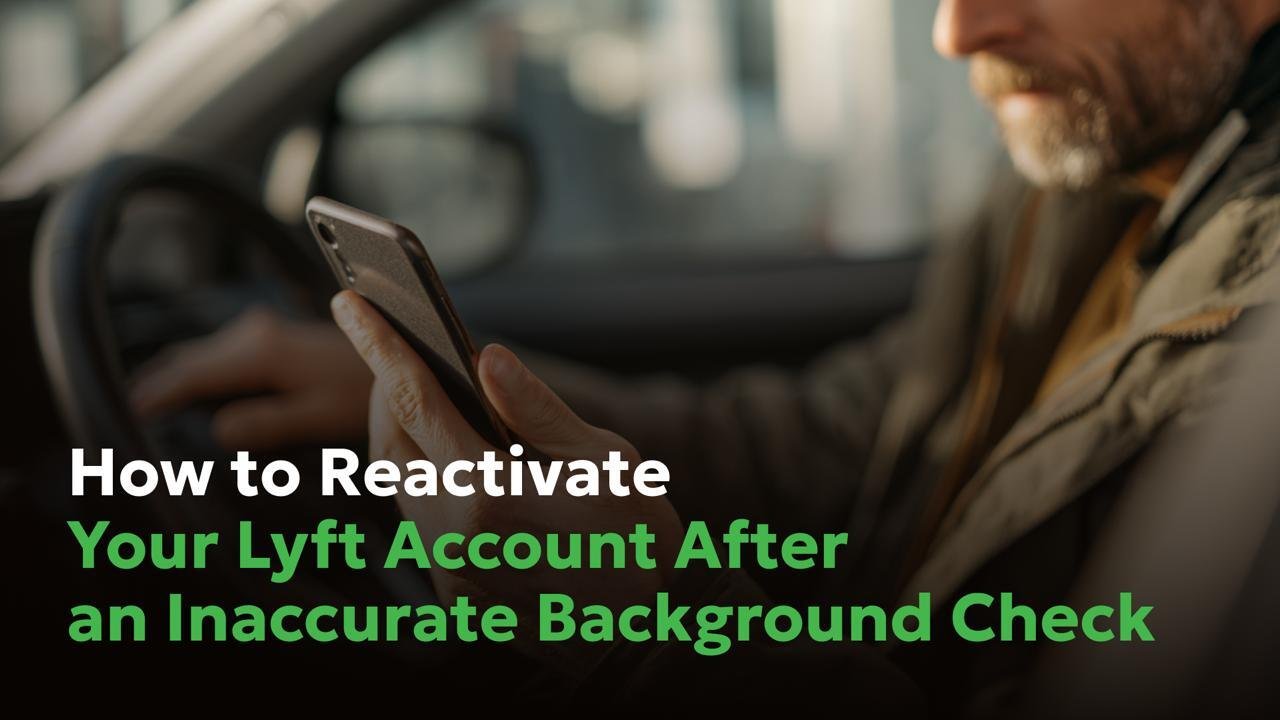
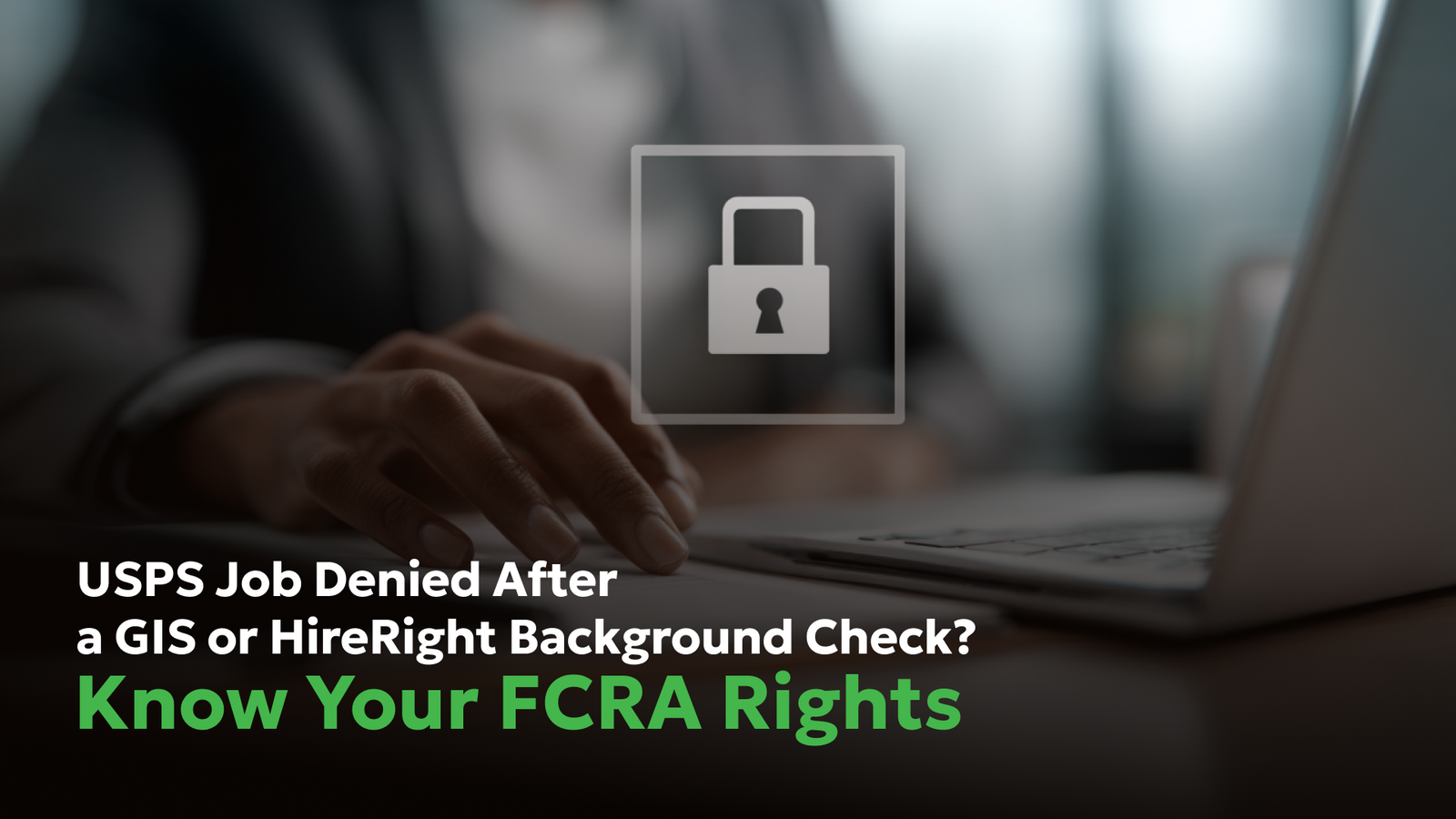
R
ONGS™You pay nothing. The law makes them pay.


